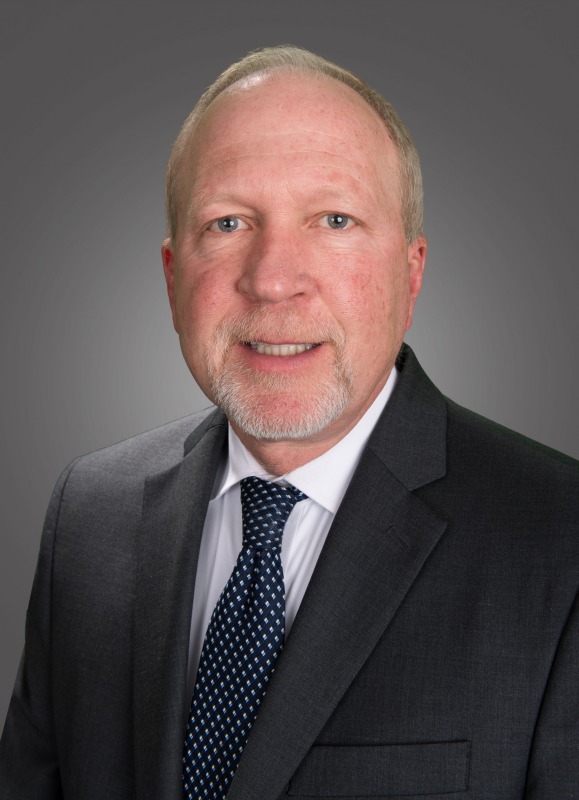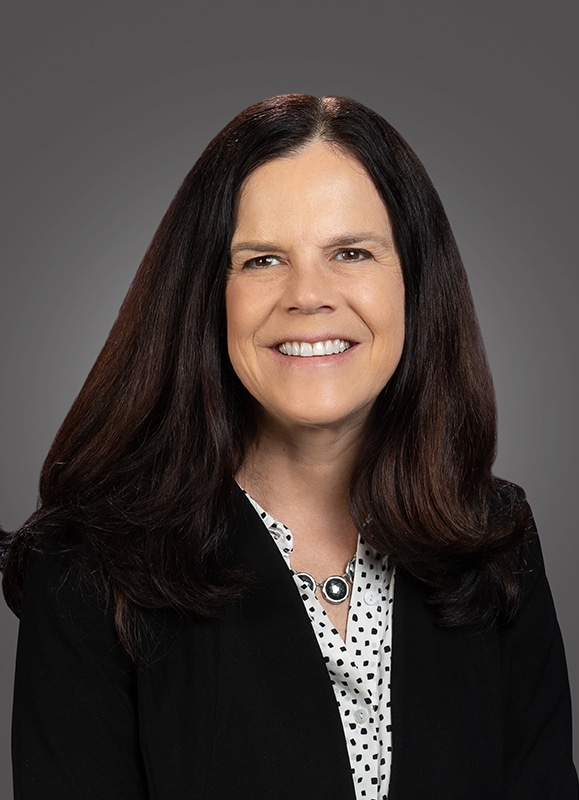Teenage car accidents are a significant concern nationwide, and Connecticut is no exception. As adolescents…
Motor Vehicle Law: Employer might be vicariously liable for accident caused during work hours by a remote employee

This suit arises from a motor vehicle accident in which the plaintiff alleges that the defendant was negligent and caused the collision and resulting injuries. The plaintiff also asserts a claim against the defendant driver’s employer, CBRE, Inc., alleging that CBRE is vicariously liable for the defendant driver’s negligence because the defendant driver was acting within the scope of his employment at the time of the accident. CBRE moves for summary judgment, arguing that the undisputed facts establish that the defendant driver was not acting within the scope of his employment and therefore, CBRE is not vicariously liable.
The defendant driver was employed at the time of the accident by CMRE as a project manager. His customary work location was his home in Shrewsbury, Massachusetts, where he maintained a home office. On the date of the accident, in the course and scope of his employment, the defendant driver drove his own automobile to Connecticut to attend a leadership meeting with CBRE management. The defendant driver had permission to attend the meeting via phone but chose to attend in person. The accident occurred mid-day while the defendant driver was returning home from the meeting to continue his work on behalf of CBRE. CBRE argues that the defendant driver was simply “driving home from a work meeting” and that such a drive was “clearly outside the scope of his employment.”
CBRE relies on cases that hold that traveling to and from work is not acting within the scope of employment. However, all of the cases cited by CBRE involve employees commuting before their workday began or after their workday ended. The court explains that the facts of this case are different as the defendant driver was not traveling home after completion of his workday, he was traveling back to his customary work location to continue his workday after having attended a work meeting. In other words, the defendant driver was, in the course of his workday, traveling between work sites.
The Restatement (Second) or Agency provides that an employee is acting as an agent if “(1) conduct of a servant is within the scope of employment, but only if: (a) it is of the kind he is employed to perform; (b) it occurs substantially within the authorized time and space limits; (c) it is actuated, at least in part, by a purpose to serve the master… (2) conduct of a servant is not within the scope of employment if it is different in kind from that authorized, far beyond the authorized time or space limits, or too little actuated by a purpose to serve the master.” The court states that CBRE has not met its burden to demonstrate the absence of disputed facts material to the question whether the defendant driver was acting within the scope of employment while returning to his customary, work location to finish his daily work for CBRE. CBRE has not shown that attending its leadership meeting was not work of the kind that the defendant driver was employed to perform, that his travel between worksites was outside authorized time and space limits of his employment, or that his attendance at the leadership meeting and return to his customary worksite was not actuated by a purpose to serve CBRE. The fact that the defendant driver’s customary worksite was a home office does not make his workday travel for a work meeting equivalent to commuting to work before the workday or commuting home after the work day. For these reasons, CBRE’s motion for summary judgment is denied.



